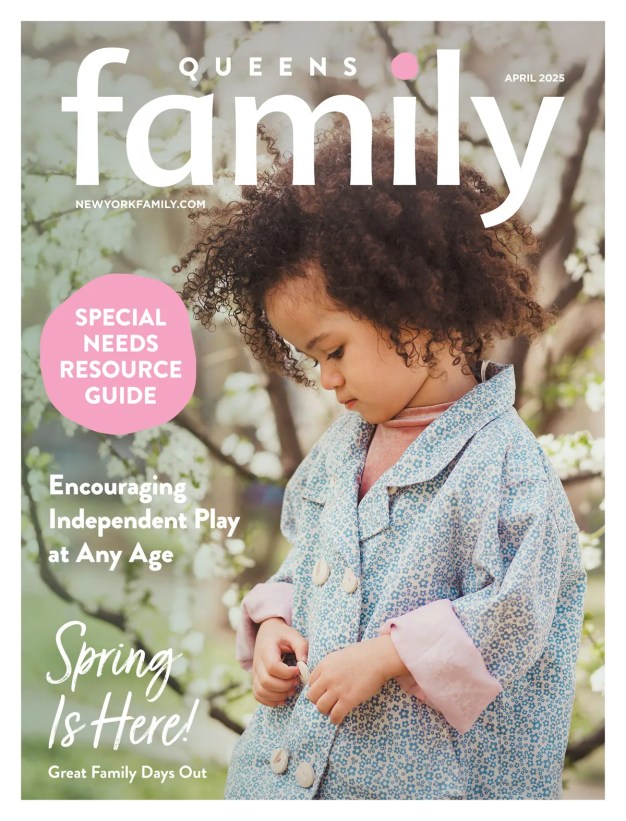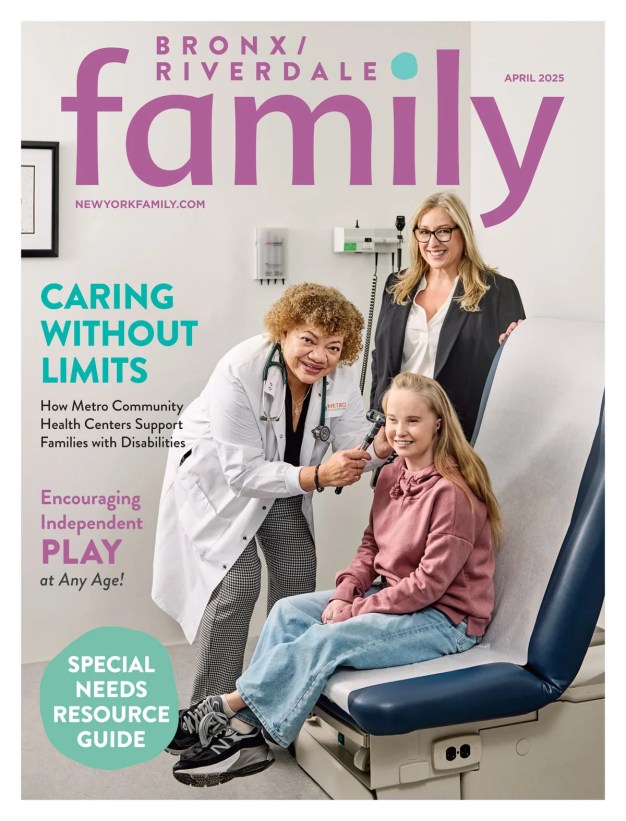We are entering this holiday season with heavy hearts from multiple acts of violence and hate in our country. Navigating our own grief/anger/fear is difficult, and even more so when we are the parents of young children. It can be particularly hard to limit what young children are exposed to when gathering with family around the holidays. Sally Tannen, Director of 92Y’s Parenting Center, offers some guidance, with a little help from the nation’s most beloved comforter, the late Fred Rogers.
The first thing parents need to do is take care of themselves. As an in-flight safety demonstration directs: “Put your own oxygen mask on before assisting others.” You need to process your own internal reactions so that when and if you talk to your children, you are in touch with what you yourself are feeling and thinking, whether that is sad, scared, angry or a combination.
If young children aren’t aware that a terrible event has occurred, you certainly don’t want to make them aware. The reason to talk to a young child about disturbing news at all is if they seem upset in any way, or if they have seen their parent(s) upset. It’s then that you would offer a few simple, brief sentences: “I’m sad because something happened today. A person hurt other people, but the police will make sure he never hurts anyone again.” Add: “If you have any questions, you can always talk to me,” and, importantly, “Know that the grownups in your life—your parents, your teachers, your relatives, the police—are going to keep you safe.”
Fred Rogers famously said these words on the subject, and they bear repeating:
“When I was a boy and I would see scary things in the news, my mother would say to me: ‘Look for the helpers. You will always find people who are helping.’ To this day, especially in times of ‘disaster,’ I remember my mother’s words and am always comforted by realizing there are so many helpers—so many caring people in this world.”
[gravityform id=”13″ title=”false” description=”false” ajax=”true”]
It’s also important to let children ask the questions—this is how they process information. Sometimes they ask the same question many times. Sometimes it’s a question you would never have expected. Some children won’t ask anything at all and will seem perfectly fine. That’s because they are perfectly fine, and parents need to accept that. It’s so easy for us to project our own fears and anxieties onto our kids. A child’s main concern is that their life isn’t going to change and that they can count on the grownups in their world.
Older children will be more aware of what’s going on, from school and from friends. Sit with them when they’re going to sleep—that’s when they’re most vulnerable and when their questions and concerns are likely to come out.
It’s important not to have televised news coverage on in front of your children. It’s too frightening for them, and they don’t know how to process what they see and hear. Be very conscious of what you and your partner talk about in your children’s’ presence. And be mindful of your behavior. You may think you’re doing enough by having the television off, but if you’re glued to your laptop or phone watching the news—even if with ear buds—your child will pick up on your stress. Children are extremely sensitive to how their parents are feeling. They are acutely aware of the expressions on our faces and the tone of our voices. They can sense when we’re upset or worried, and the scariest thing for a child can be to see that their parents are scared.
One of the most difficult things for parents to accept is that they can’t control everything their child is exposed to. An upcoming holiday, like Thanksgiving, where there will be a gathering with other grown-ups, possibly your child’s older cousins, etc., brings its own concerns. It’s only natural that the adults want to talk about what’s going on. Just be mindful about not talking of disturbing things in front of young children, and ask others to be sensitive, too. And remember: we are always modeling for our kids, even when we think we’re not. Encourage civil discourse. Because children absorb everything.
The takeway:
In talking about disturbing events with young children, keep your words simple, brief and concrete. Reassure them that they are safe and that they can talk to you and your partner anytime and about anything. Keep news coverage off and your own behavior moderated. And manage your own anxieties, or if you struggle with that, get support for yourself. And keep Fred Rogers’ words in mind—”there are so many helpers, and so many caring people in this world.”
Director of 92Y’s Parenting Center and Grandparents Center, Sally Tannen has been supporting parents of young children, building community, and creating and offering activities and classes for babies, kids, parents and grandparents for thousands of NYC families for more than 25 years. A mother of four and grandmother of three, Sally’s personal experience continues to enrich and inform her work. To learn more about the 92Y, visit 92y.org!
























